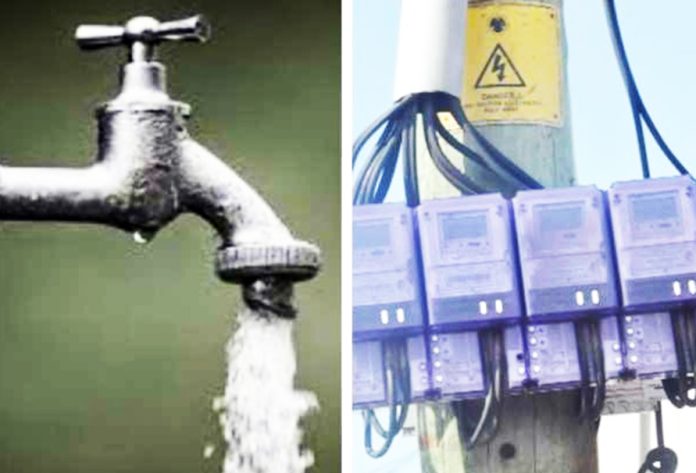Ghana’s economic regulator for electricity and water, the Public Utilities Regulatory Commission (PURC) has announced a 3.02 per cent and 1.86 per cent increase in electricity and water tariffs respectively, effective October 1, 2024.
This was contained in a statement issued by Dr Ishmael Ackah, Executive Secretary for the PURC.
The latest increment is on the account of the US Dollar/Ghana Cedi exchange rate, domestic inflation rate, cost of natural gas and electricity generation mix.
The statement explained that, “By incorporating changes in the values of these indicators in the quarterly tariff reviews, the Commission ensures that the real value of the tariffs are maintained to provide for the financial viability and ability of utility service providers to deliver on their mandate.”
The new tariff, the Commission defended, is necessary to keep the light on and the water flowing.
Dr Ackah mentioned that the hydro-thermal generation mix considered for the projected period remained unchanged, with hydro sources contributing 34.81 per cent to generation, while thermal sources contributed 65.19 per cent to the generation mix.
“There was, however, a 4.96 per cent depreciation of the Ghana Cedi against the US Dollar between the second and third tariff quarters.
“Projected inflation rate for the period declined marginally from 24.38 per cent to 22.27 per cent. Similarly, the Weighted Average Cost of Gas (WACOG) declined from US$/MMBtu 8.0422 to US$/MMBtu 7.8368 for the third quarter.
“The overall changes in these factors under consideration amounted to a total under-recovery of GH¢173.98 million, which translates to a 3.02 per cent increase in electricity tariffs.
“In the case of water, a revenue gap of GH¢12.01 million was recorded, which translates to a 1.86 per cent increase in water tariffs,” he said.
Dr Ackah’s statement said the Commission expects the regulated utilities, including the Electricity Company of Ghana (ECG), Ghana Water Limited (GWL) and Northern Electricity Distribution Company (NEDCo) to strictly adhere to the PURC’s regulatory benchmark of 98 per cent for revenue collection and, consequently, pay what is due to all stakeholders in the value chain.
“This is very necessary for the sustainability of both the energy and water sectors,” the statement concluded.









